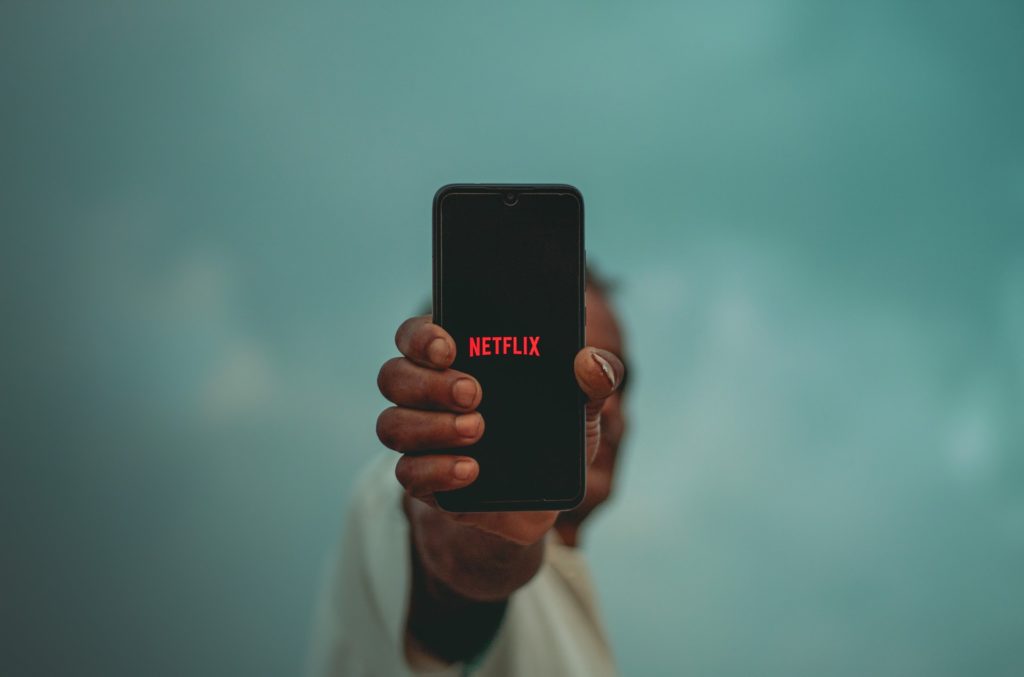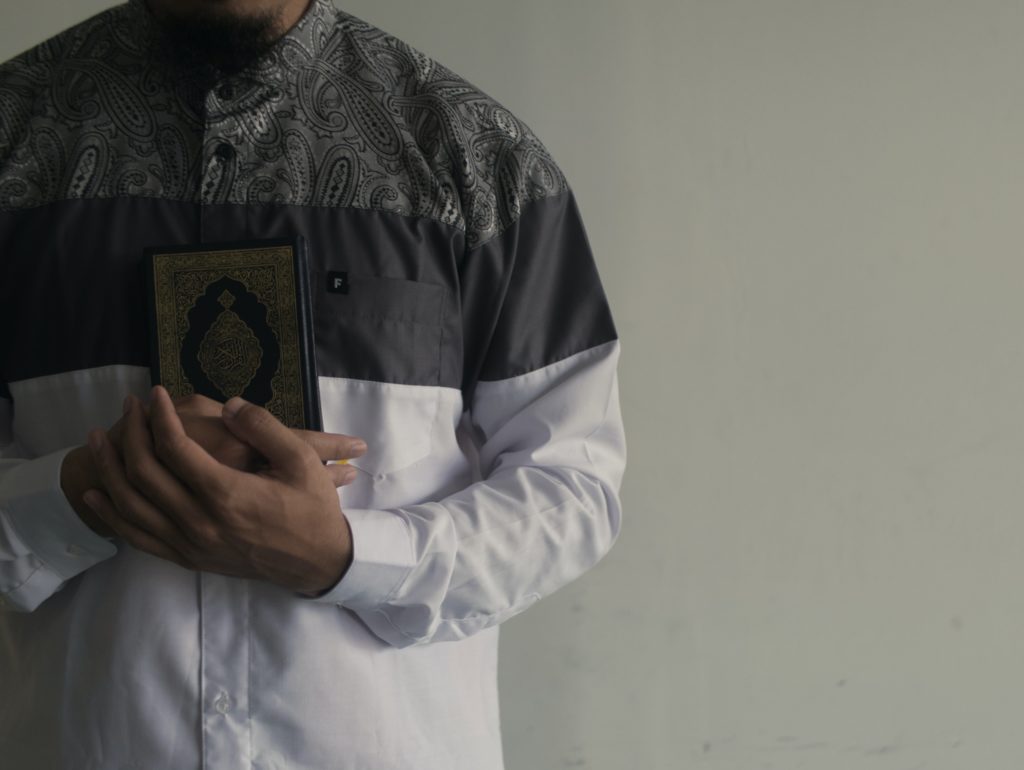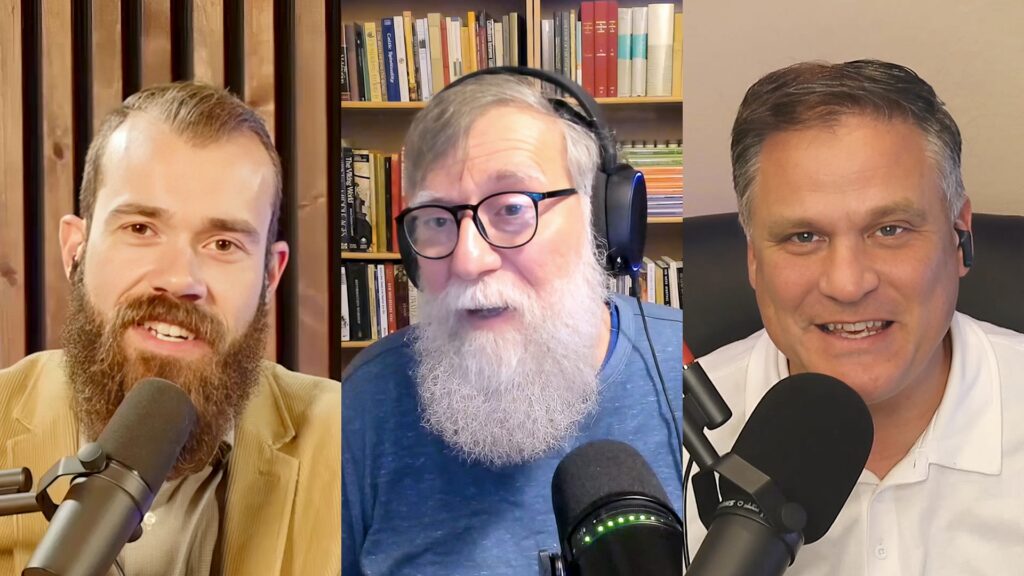By 2013, Netflix had added features like Profiles and My List to make sure our experience felt tailor-made every time. As we Americans were getting used to this viewer-controlled approach to TV, pop-spirituality pundit Thomas Moore was writing his nineteenth book, A Religion of One’s Own1.
Moore2 has a PhD in religious studies from Syracuse, and a few decades ago his book Care of the Soul was a New York Times bestseller. So when his hardback on crafting your own religion came out in 2014, he landed that holy grail of the American spirituality industry: an interview with Oprah3. Moore also went on New York Public Radio’s Brian Lehrer Show4 to talk about A Religion of One’s Own, and here is the gist of the book. You should design your own religion, it says, by amalgamating the elements you like from each of the world’s faith traditions. You should build your own religious “profile,” so to speak, by queuing up content from all the major networks.
Throughout the 2010s, a segment of Americans identifying as spiritual but not religious (the SBNRs) was swelling. The Public Religion Research Institute reported5in 2017 that about one out of every five Americans, about eighteen percent of us, were identifying as SBNR. A few days after the report came out, Vox published an article6 offering helpful commentary on its findings, even relaying bits of firsthand testimony from real folks who saw themselves as spiritual but not religious. A PEW study7 the same year estimated that SBNR Americans constituted not eighteen but twenty-seven percent of the population. Being spiritual but not religious was starting to be this whole big thing.
During those days, Barna Group also had their finger on the pulse of America’s SBNR segment. Their own report8from 2017 probed a little deeper into what SBNR people actually believe and do. Americans who see themselves as spiritual but not religious, Barna’s Roxanne Stone explained, tend to “define their own boundaries for spirituality—often mixing beliefs and practices from a variety of religions and traditions.” Being spiritual but not religious, it turns out, usually entails drawing heavily from the world’s existing religions after all. That is, being SBNR means doing what Thomas Moore says we should do. It means collating our favorite elements from different religions into one user-friendly application to enjoy whenever we want, wherever we want. It means crafting our own religion, Netflix style.
In a personable and punchy little blog entry9 from earlier this year, one religious innovator announces, “My faith wasn’t doing it for me, so I made my own.” Having grown up in orthodox Judaism, she testifies to drawing spiritual inspiration from Christianity, Sikhism, Hinduism, and Vedanta (the latter actually being a philosophical school within Hinduism). When it comes to religion, she adjures her theoretical interlocutor, “Don’t tell me the meaning I’m supposed to take; let me find my own.” Religion is at its best when it is a proprietary blend. “That’s the beauty of spirituality,” the blogger says, “It’s a do-it-yourself kind of thing anyway.”
For many Americans today, the religion they grew up in—on its own—is just not doing it for them. The Netflix phenomenon is just one vivid exhibition of the fact that customization by collation is becoming an intrinsic feature of the American experience. We should not be surprised to see folks designing religions of their own by pulling in elements from the spiritual smorgasbord sprawled out before them. We should not be surprised by this netflixing of religion. But neither should we demonize those caught up in it, and here is why all this matters for those of us tasked with proliferating the gospel.
The gospel message should not cater to the consumeristic fancies of each person who would hear it. Christ is more than enough. In the words of John MacArthur, “Jesus plus nothing equals everything.”10 Christians living on mission must guide the lost to know Christ so deeply that the idea of adding to him seems laughable. Customization by collation is great for home entertainment. But a Netflix-style, build-your-own religion pales in comparison to a life wholly devoted to Christ.
1. https://www.penguinrandomhouse.com/books/313524/a-religion-of-ones-own-by-thomas-moore/
2. https://thomasmooresoul.com/meet-thomas/
3. https://podtail.com/en/podcast/oprah-s-supersoul-conversations/thomas-moore-a-religion-of-one-s-own/
4. https://www.wnyc.org/story/diy-religion/
5. https://www.prri.org/press-release/new-survey-one-five-americans-spiritual-not-religious/
6. https://www.vox.com/identities/2017/11/10/16630178/study-spiritual-but-not-religious
7. https://www.pewresearch.org/fact-tank/2017/09/06/more-americans-now-say-theyre-spiritual-but-not-religious/
8. https://www.barna.com/research/meet-spiritual-not-religious/
9. https://www.yourtango.com/2015276172/diy-religion-my-faith-wasnt-doing-it-made-my-own
10. https://www.gty.org/library/sermons-library/80-329/jesus-plus-nothing-equals-everything




